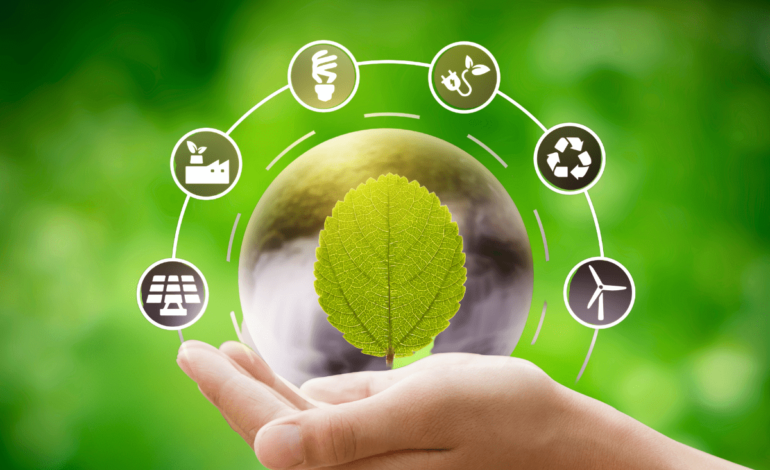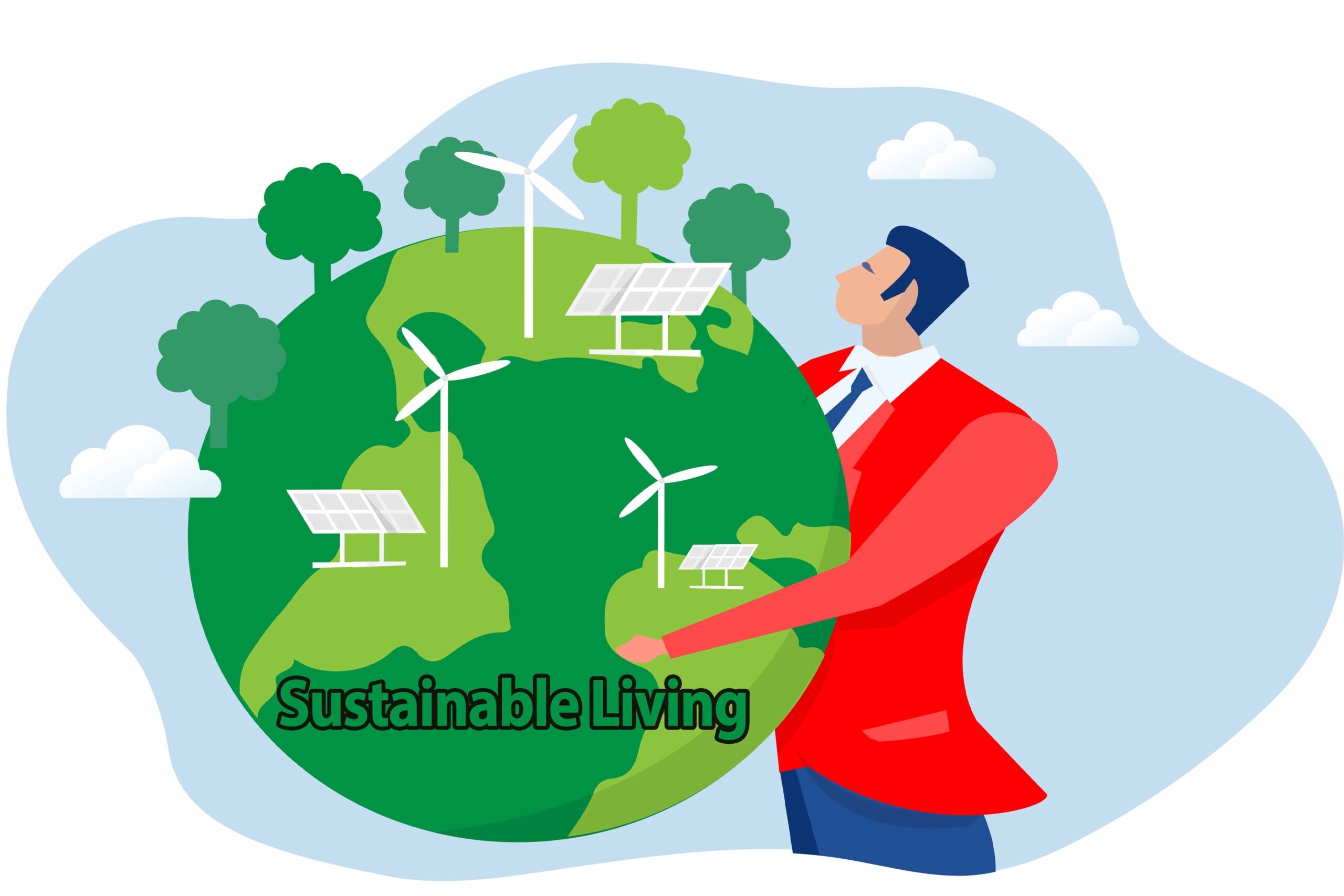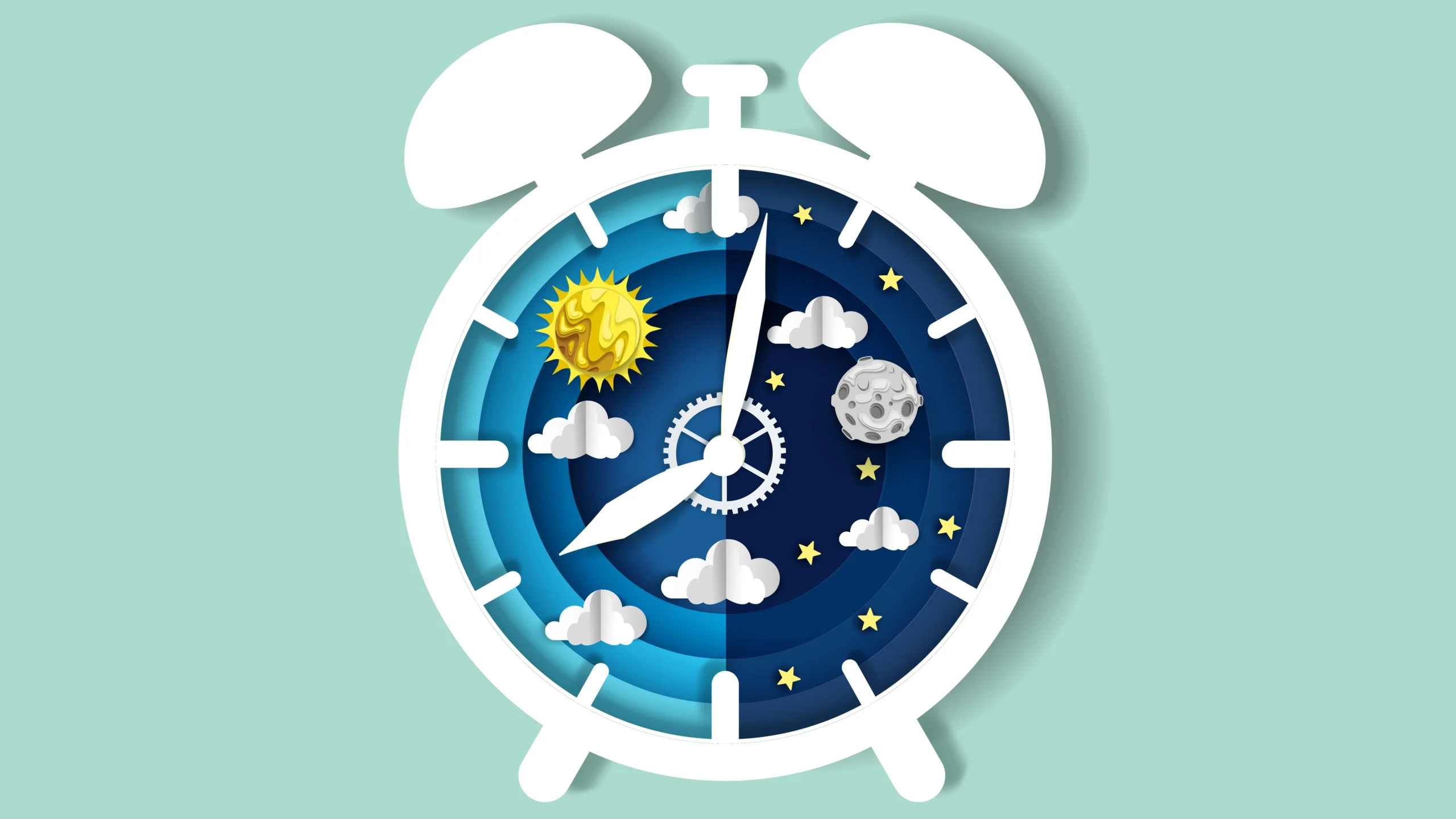Eco-Friendly Living: Simple Tips for a Sustainable Life

Embracing Sustainable Living: Small Changes, Big Impact
The buzz around sustainability is everywhere these days, and for good reason! Our planet is facing unprecedented challenges, from climate change to resource depletion. But the idea of “saving the world” can feel overwhelming. The truth is, you don’t need to overhaul your entire life overnight to make a difference. Sustainable living isn’t about perfection; it’s about progress – consciously making choices that minimize our environmental impact and contribute to a healthier future for all.
What Does Sustainable Living Really Mean?
At its core, sustainable living is about meeting our current needs without compromising the ability of future generations to meet theirs. It’s a holistic approach considering not just environmental concerns but also social equity and economic viability. It’s finding ways to live comfortably and thrive while minimizing our footprint on Earth.
Simple Steps for Eco-Conscious Habits: Your Journey Starts Now
Let’s break down some practical steps you can take, starting with easy wins and gradually working towards more involved changes. We’ll organize these into categories – Home & Energy, Consumption & Waste, Transportation, Food & Diet.
Home & Energy Efficiency
Your home is a great place to start! Reducing energy consumption is both good for the planet *and* your wallet.
- Switch to LED Lighting: LEDs use up to 75% less energy and last much longer than traditional incandescent bulbs. It’s a simple swap with significant impact.
- Unplug Electronics When Not in Use: “Phantom load” or “vampire power” refers to the energy consumed by devices even when they’re turned off but still plugged in. Unplug chargers, TVs, and other electronics when not actively using them.
- Adjust Your Thermostat: Lowering your thermostat a few degrees in winter and raising it in summer can save a considerable amount of energy. Consider a programmable thermostat for automated adjustments.
- Seal Drafts & Insulate: Gaps around windows and doors, and inadequate insulation, allow heat to escape in the winter and enter in the summer. Sealing drafts with weather stripping and adding insulation can dramatically improve energy efficiency.
- Consider Renewable Energy: While a larger investment, exploring solar panels or wind power for your home is an excellent long-term sustainable solution.
Consumption & Waste Reduction
Our consumption habits are a major driver of environmental problems. Reducing what we buy and minimizing waste are crucial.

- Embrace the “Reduce, Reuse, Recycle” Mantra: This is a classic for a reason! Prioritize reducing your overall consumption first. Then, reuse items as much as possible before resorting to recycling.
- Say No to Single-Use Plastics: Plastic pollution is a huge issue. Carry reusable shopping bags, water bottles, coffee cups, and food containers. Refuse plastic straws and utensils when possible.
- Buy Secondhand: Shopping at thrift stores or online marketplaces for used clothing, furniture, and other goods significantly reduces demand for new products and the resources required to produce them.
- Repair Instead of Replace: Before discarding a broken item, explore repair options. Many appliances and electronics can be fixed instead of replaced.
- Mindful Purchasing: Think before you buy! Do you *really* need it? Consider the environmental impact of the product’s production, transportation, and disposal.
Transportation Choices
How we get around has a significant carbon footprint.
- Walk, Bike, or Use Public Transportation: Whenever possible, opt for these alternatives to driving. They’re better for the environment *and* your health!
- Carpooling & Ridesharing: If you must drive, consider carpooling with colleagues or using ridesharing services.
- Electric Vehicles (EVs): EVs produce zero tailpipe emissions and are increasingly becoming a viable option for many people. Even hybrid vehicles offer improved fuel efficiency compared to traditional gasoline-powered cars.
- Maintain Your Vehicle: Properly inflated tires, regular maintenance, and driving efficiently can improve your vehicle’s fuel economy.
Food & Diet
Our food choices have a surprising impact on the environment.
- Reduce Meat Consumption: Meat production, particularly beef, has a high environmental footprint due to land use, water consumption, and greenhouse gas emissions. Consider incorporating more plant-based meals into your diet.
- Eat Locally & Seasonally: Buying food from local farmers reduces transportation distances and supports sustainable agriculture practices. Seasonal produce also requires fewer resources for cultivation.
- Reduce Food Waste: A significant portion of the food we buy ends up wasted. Plan meals, store food properly, and compost food scraps to minimize waste.
- Grow Your Own Food: Even a small herb garden or container vegetables can contribute to reducing your environmental impact and connecting you with your food source.
- Choose Sustainable Seafood: Be mindful of the seafood you consume. Check resources like the Monterey Bay Aquarium’s Seafood Watch guide for recommendations on sustainable options.
Beyond Individual Actions: Supporting Systemic Change
While individual actions are important, systemic change is crucial for widespread sustainability. Consider these additional steps:
- Support Sustainable Businesses: Choose companies committed to ethical and environmentally responsible practices.
- Advocate for Policy Changes: Contact your elected officials to support policies that promote sustainability, such as renewable energy incentives or regulations on pollution.
- Educate Yourself & Others: Stay informed about environmental issues and share your knowledge with others. The more people who understand the importance of sustainability, the greater the impact we can have.
The Journey Continues
Sustainable living is not a destination; it’s an ongoing journey. Start small, be consistent, and celebrate your progress. Every effort counts! By embracing these eco-conscious habits, we can collectively create a more sustainable future for ourselves and generations to come.



